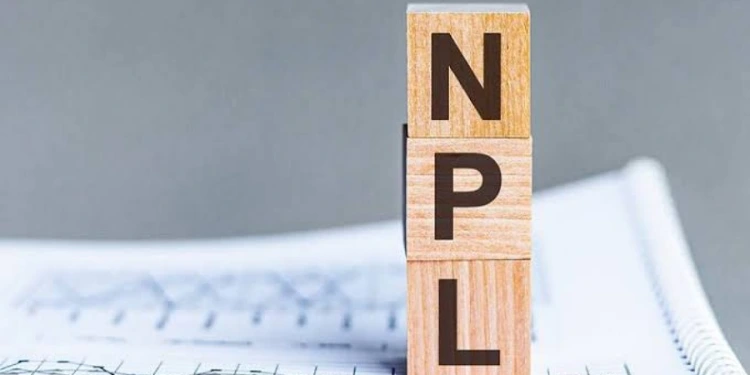Explainer: What is a Non-Performing Loan (NPL)?
A non-performing loan (NPL) is a loan in which the borrower has defaulted and has failed to make monthly principal and interest payments for a set period.
When the principal and interest repayments are due for more than 90 days or depending on the terms of the loan agreement, banks typically classify loans as non-performing. When a loan is classed as a nonperforming loan (NPL), the chances of receiving repayments are considerably reduced.
Non-performing Loan (NPL) vs. Reperforming Loan (RPL)
A borrower can begin making payments on a debt that has previously been designated as non-performing. The non-performing loan becomes a re-performing loan in such instances.
Defaulted loans are referred to as nonperforming loans. Loans that were formerly non-performing but are now performing again are referred to as reperforming loans. The reperforming loans were previously late for at least 90 days and are now in good standing.
The current state of NPL in Nigeria
Nigerian commercial banks’ non-performing loan (NPL) ratio increased to 5.3% in April 2022 from 4.84% in February 2022. According to data from Nigeria’s Central Bank, this is the case.
Since NPL ratio calculates the percentage of bank loans that are either not being serviced effectively or have gone bad entirely. Hence, the apex bank has stated that more work needs to be done to reduce NPLs below its prudential limit of 5.0%.
The CBN said, “The Non-Performing Loan (NPL) ratio stood at 5.3 per cent in April 2022, compared with its prudential limit of 5.0 per cent, reflecting sustained stability in the banking system, though there remains a need to bring this down to the prudential limit.”
The NPL ratio is a critical metric for assessing the health of the banking system. If the NPL exceeds the prudential limit, it may suggest that commercial banks are carrying more underperforming loans than expected, owing to the private sector’s failure to service the loans.
How banks handle Non-Performing Loans
Non-performing loans are often regarded as bad debts because the chances of recouping the missed loan instalments are slim.
Having more non-performing loans on the balance sheet, on the other hand, lowers the bank’s cash flow and stock price. Therefore, banks that have non-performing loans in their books may take action to enforce the recovery of the amounts they are owed.
Lenders can take possession of assets pledged as collateral for a loan as one of several options. For example, if the borrower pledged a car as collateral, the lender will seize the car and sell it to recoup any debts owed by the borrower.
When debtors fail to meet their mortgage obligations for more than 90 days, banks may foreclose on their properties. To get rid of problematic assets from its balance sheet, the lender may sell non-performing loans to collection agencies and other investors.
Banks sell non-performing loans at steep discounts, and collection agencies try to recoup as much of the money owed as possible. In exchange for a percentage of the amount recovered, the lender can hire a collection agency to enforce the recovery of a defaulted loan.
Effects of NPLs on Banks
When a lender’s non-performing loan accounts for a substantial percentage of its outstanding loans, it can impair the lender’s financial performance. Banks mostly profit on the interest they charge on loans, therefore when they are unable to collect outstanding interest payments from NPLs, they will have less money available to issue new loans and cover operating expenses.
The money represents revenue that could be lost, and it has an impact on the lender’s profitability. It not only affects the lender but also limits the number of possible borrowers who can obtain loans from the lender. Holding a large number of nonperforming loans (NPLs) about a company’s total assets poses a significant risk to the organization.
Potential investors want to put their money into organizations that have solid financials. When the percentage of non-performing loans increases, the lender’s stock price will also go down. The NPLs a bank holds in its books, the less attractive it is for potential investors because its future profitability will suffer if the lender will not earn an income from its credit business.
Bottom line
- Banks are required by law to declare their non-performing loan to total loan ratio as a gauge of their credit risk and outstanding loan quality. A high ratio indicates that the bank has a greater risk of loss if the unpaid loan amounts are not recovered, whilst a low ratio indicates that the outstanding loans pose a minimal risk to the bank.
- During times of economic instability, the number of nonperforming loans tends to climb. Borrowers who do not (or cannot) make payments on their loans are considered defaulters. If no payment is received for a specific amount of time (typically 90 or 180 days, depending on the lender), the loan becomes non-performing.








